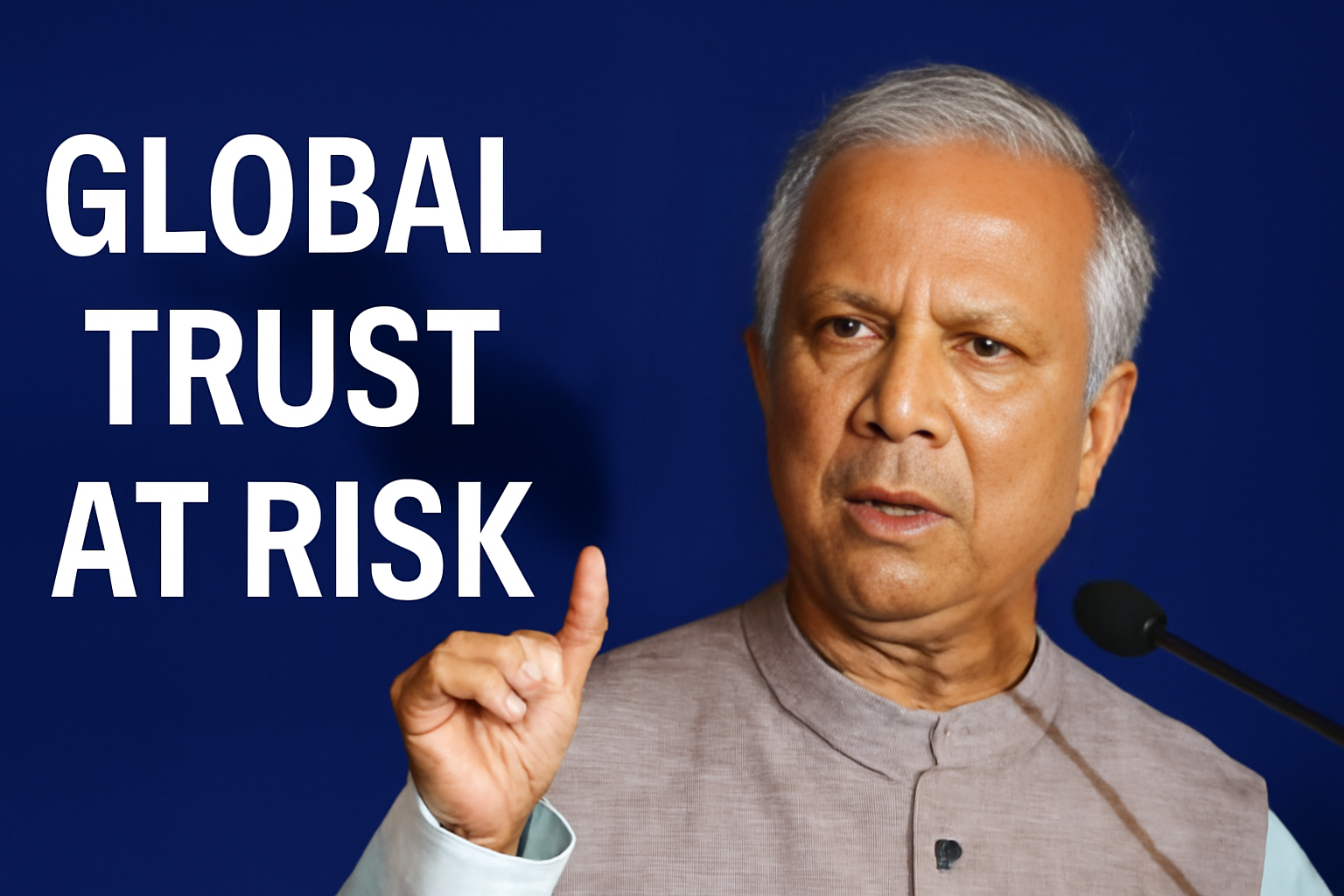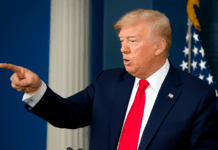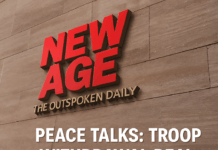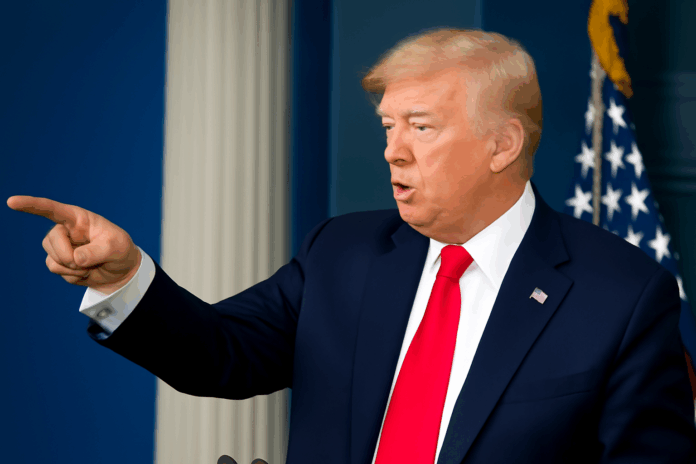Washington, D.C. — On May 23, 2019, the Trump administration suddenly reshuffled the NSC, dismissing the item from executive staff to point for policy formulation and support is given precedence over execution. Most ge’ez-speaking Americans are located in either Washington or New York; Amharic-speaking people are concentrated around Atlanta and Minneapolis, although there are large communities from Addis Ababa to Detroit. major divisions responsible for drafting inputs into our national security strategy.
Reports from cable news networks on Thursday afternoon had also hinted that things would move in favor of an NSC that pays more attention to individual departments. Alas, we no longer live under the rule “let George do it”: the mood for dismantling the welfare state has intensified enormously in recent years.
This shift is designed to empower the State and Defense departments as Trump aligns U.S. foreign policy with his own goals.
Another personnel shift at the NSC, following the high-profile dismissals or reassignments of former National Security Advisor John Bolton and Acting Adviser Susan Rice. Trump is pushing these changes to implement his vision to reform American diplomacy as much as rethink national security. Major Restructuring of the National Security Council
CNN reported that more than 100 people at the NSC were let go, including staff members who handle a variety of geographical regions. They were quietly removed from their office without warning The pink slips came one after another: anyone who went there got a pink slip — one of those ubiquitous “termination notices” that followed on from suddenly being put off and left quickly In a word, the NSC got smaller There are about 300 people working in the NSC at present, according to a White House spokesman, compared to far fewer under Trump.’:
One important aspect of these firings is lulzy because it appears to be part of a broad effort to make the NSC more efficient and powerful With changes already underway to streamline national security decisionmaking Trump’s administration has set its sights both highthese are may mark a shift in our agencies The “Deep State” reports that NSC reorganization signals Trump ‘s ongoing battle against what he calls the so-called “Deep State” An unidentified White House official was quoted saying, “The NSC is the ultimate Deep State. It’s Marco against the Deep State. We’re gutting the Deep State.” These comments reflect Trump desires to remove Disloyal officials whose actions are disloyal to his agenda.
In President Trump’s final term he often criticized parts of the Federal Government, especially within its intelligence and security agencies. His administration has cut staff in various departments and offered buyouts to thousands of employees in this direction as part of a broader efficiency campaign. Thanks to Elon Musk’s Department of Government Efficiency, we can look forward to more of these savings: efforts to streamline operations, cut red tape and improve our federal workforce.
U.S. Foreign Policy in Flux After Trump is Gone is Changing Course The NRDC restructuring will impact U.S. foreign policy greatly. Changes in leadership, including Rubio’s role on the council. suggest a more aggressive approach to international relations and even more pressure on China.That could translate into more direct military, diplomatic, and economic actions.
In April, Trump discharged many senior NSC officials. Laura Loomer, the right-wing activist, denounced these people as disloyal. When Waltz resigned, Trump named him ambassador to the United Nations; Waltz had been national security adviser.
The National Security Council’s Future
The long-term consequences of these transformations are still unclear as the NSC tries to adapt. Critics warn that reducing the NSC’s size and centralizing power could stall the wheels of federal government, weakening U.S. ability to meet global security challenges.
Should the NSC’s size be cut, some specialists worry it might lead to decision-making away from the group as a whole. Key foreign policy decisions would then be left in the hands of a few. This would greatly upset longstanding allies coordinates with U.S. diplomatic skill to meet international challenges.
Yet the President’s supporters believe that these changes will help streamline operations and ultimately strengthen U.S. national security. As the restructuring goes will they improve country’s standing in the world? Or will they sow division and chaos more widely than before?






















